
LogicQuestion and Answers: Page 3
Question Number 130782 Answers: 1 Comments: 3
Question Number 127890 Answers: 0 Comments: 0
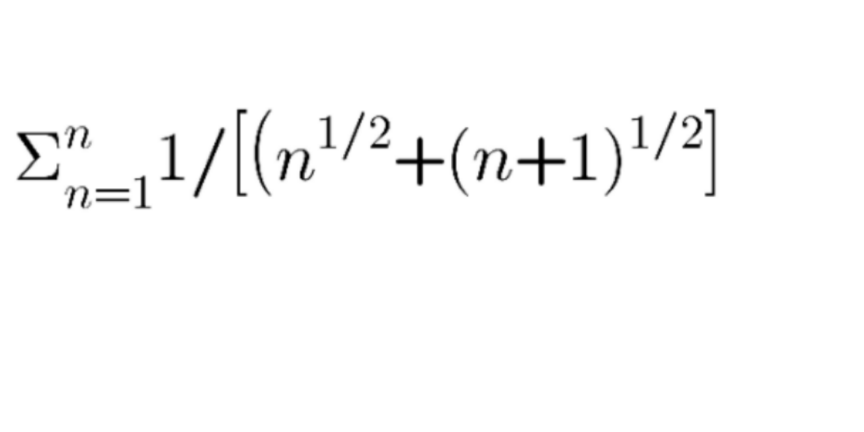
Question Number 120755 Answers: 0 Comments: 0
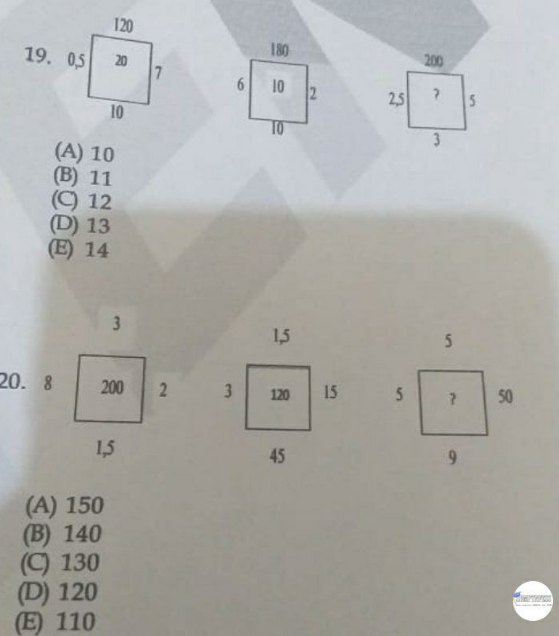
Question Number 120519 Answers: 1 Comments: 1

Question Number 119814 Answers: 3 Comments: 0
Question Number 118825 Answers: 2 Comments: 0
Question Number 115884 Answers: 0 Comments: 0

Question Number 113211 Answers: 3 Comments: 0
Question Number 112507 Answers: 1 Comments: 0

Question Number 110504 Answers: 0 Comments: 0
Question Number 107433 Answers: 1 Comments: 0
Question Number 106628 Answers: 0 Comments: 0
Question Number 106238 Answers: 0 Comments: 0

Question Number 102480 Answers: 1 Comments: 0
Question Number 100696 Answers: 0 Comments: 4
Question Number 99614 Answers: 0 Comments: 1
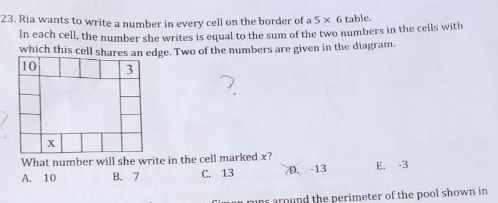
Question Number 99058 Answers: 0 Comments: 6
Question Number 99057 Answers: 0 Comments: 0
$${Find}\:{a}\:{perfect}\:{number}\:{that}\:{starts} \\ $$$${with}\:\mathrm{31415}. \\ $$
Question Number 97335 Answers: 0 Comments: 2
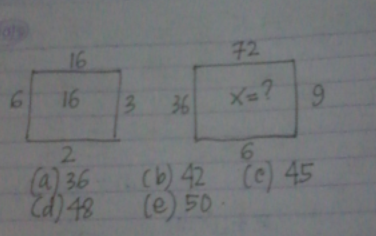
Question Number 97319 Answers: 1 Comments: 0
Question Number 96454 Answers: 1 Comments: 0

Question Number 95699 Answers: 1 Comments: 4
Question Number 94457 Answers: 1 Comments: 0
Question Number 94237 Answers: 1 Comments: 1

Question Number 93976 Answers: 1 Comments: 10
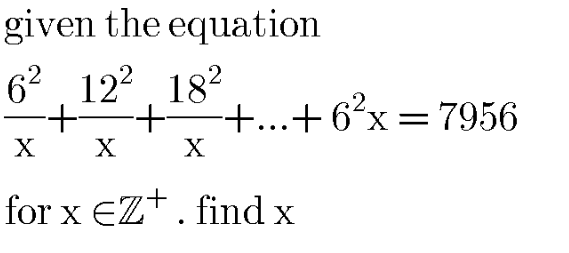
Question Number 93626 Answers: 1 Comments: 9

